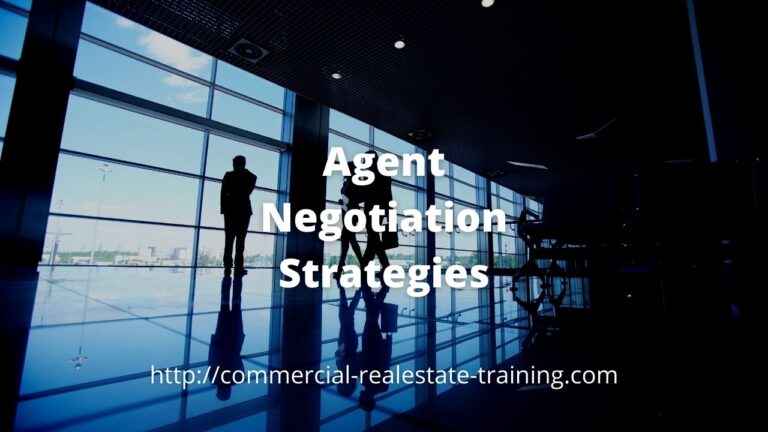How to Do a Needs Analysis with Investors in Commercial Real Estate Brokerage
Commercial property clients and customers today have all types of needs from an investment perspective. When you are involved in selling or leasing commercial real estate it pays to do a comprehensive needs analysis with your clients before you quote listings or undertake any property inspection or recommendation. Make sure that you have all the facts and understand the real motivations behind the customer’s actions.
I like to recommend my agents use a special checklist for each of the property types. Added to that checklist would be locational factors that are common in a location. In this way the agent is getting to the real motivators of client property change or movement.
So what’s the problem here? The idea seems simple and yet so many agents ask generic questions from a general perspective and hence fail to show their professionalism and relevance to the client or customer.
Ask Big Questions
Here is an example of some of the bigger questions in a needs analysis with a ‘retail shopping center’ investor:
- Is the property to be acquired as an investment? – Retail property investments can present challenges such as rent levels, vacancy factors, and tenant mix. Those factors should be reviewed in balance with the investment requirements of the buyer.
- What experience do they have in the segment? – As a property type, retail is very special and demanding. Retail offerings and the tenants in the tenant mix will impact customer interest. You need customers to underpin occupancy and market rental. An experienced property investor will know how to work through those things.
- What locations will be ‘short listed’? – Some clients have locations that they understand and prefer. Find out what they are.
- What price range? – As a property type, retail will be costly to purchase given the level of improvements and the passing rent. What can your client afford in today’s property market? Have they sourced finance to move on any desirable property?
- Is there a focus on development and property improvement? – A property upgrade will help with improved rent and occupancy. In saying that there is a risk factor to be managed and only the most experienced retail investors should move down that path.
- How many anchor tenants? – The greater the number of anchor tenants, the larger the property (generally). You will need a balance of specialty tenants to suit the anchor tenants. Undertake a tenant mix analysis in the property to understand where retail risks and opportunities exist in the property.
- Can vacancies be tolerated? – If vacancies occur they will impact rental recovery and outgoings. Understand the client’s position on covering the rental shortfall from vacancies.
- What is the ideal timing? – When will they want to buy a retail property? The retail property market can be geared to a financial cycle and customer purchasing patterns.
- What experience do they have in retail property function and investment? – There is a good degree of maintenance, renovation and refurbishment involved in running a retail shopping center successfully. The new owner of a property or buyer should have the cash reserves to make that happen. Presentation is everything when it comes to encouraging customers to visit a shopping center and in helping them spend money.
So you can see why the purchase of a retail property is so special. Ask quality questions of your clients as they consider the retail property purchase. Help them find the right property.
Want more information? You can get our ‘Commercial Snapshot’ ecourse for Real Estate Agents right here.







